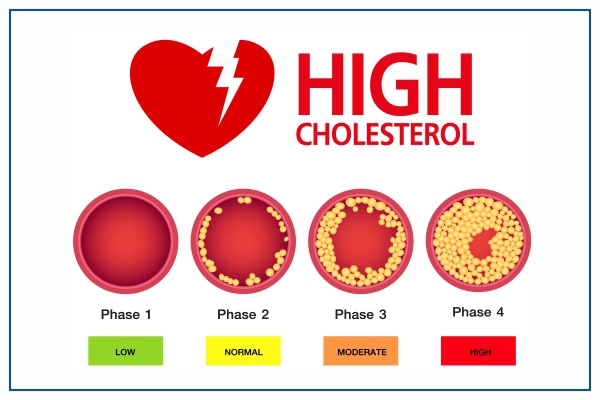Exploring the Health Benefits and Culinary Richness of the Mediterranean Diet

Exploring the Health Benefits and Culinary Richness of the Mediterranean Diet
In a world where dietary trends often come and go, the Mediterranean diet stands out as a timeless classic. Renowned for its health benefits and rich culinary tradition, this dietary pattern is inspired by the eating habits of people living in the Mediterranean region.
A Gastronomic Journey:
1. Origins and Tradition:
The Mediterranean diet is not just a collection of foods; it's a way of life rooted in the cultures surrounding the Mediterranean Sea. Historically, it draws from the traditional dietary patterns of countries like Greece, Italy, Spain, and southern France. These regions have long celebrated fresh, seasonal ingredients and communal dining experiences.
2. Key Components:
Abundance of Plant Foods: Fruits, vegetables, legumes, nuts, and whole grains form the cornerstone of the diet, providing a rich array of vitamins, minerals, and fiber.
Healthy Fats: Olive oil, a staple of the Mediterranean diet, is a primary source of monounsaturated fats, known for their heart-protective properties.
Moderate Consumption of Fish and Poultry: Fish, particularly fatty fish like salmon and mackerel, is consumed regularly, providing omega-3 fatty acids. Poultry is also included, albeit in smaller quantities.
Limited Red Meat: Red meat is enjoyed sparingly, with an emphasis on leaner cuts.
Wine in Moderation: Red wine, consumed in moderation and often with meals, is a characteristic feature of the Mediterranean diet. Its potential cardiovascular benefits are attributed to antioxidants like resveratrol.
3. Health Benefits:
Heart Health: Numerous studies have linked the Mediterranean diet to a reduced risk of heart disease. The emphasis on healthy fats, whole grains, and fresh produce, along with limited intake of processed foods and red meat, contributes to its cardioprotective effects.
Weight Management: The Mediterranean diet is not restrictive, focusing instead on the quality of food. Its high fiber content promotes satiety, potentially aiding in weight management.
Brain Health: Some research suggests that the Mediterranean diet may be beneficial for cognitive function and reducing the risk of neurodegenerative diseases like Alzheimer's.
Longevity: Populations in Mediterranean countries have historically exhibited lower rates of chronic diseases and increased longevity, which researchers attribute in part to their dietary habits.
4. Culinary Delights:
Vibrant Flavors: The Mediterranean diet celebrates the natural flavors of ingredients, often enhanced with aromatic herbs, garlic, and citrus.
Versatile Dishes: From Greek salads and Italian caprese to Spanish gazpacho and Moroccan tagines, the Mediterranean diet offers a diverse array of dishes that cater to different tastes and dietary preferences.
Seasonal Eating: Eating with the seasons is a fundamental aspect of the Mediterranean diet, ensuring a varied and nutrient-rich diet throughout the year.
Social Connection: Meals are typically enjoyed in the company of family and friends, fostering a sense of community and well-being.
The Mediterranean diet is more than just a meal plan; it's a holistic approach to nourishment and well-being that reflects the cultural heritage and lifestyle of the Mediterranean region. Its emphasis on fresh, whole foods, healthy fats, and convivial dining experiences offers not only physical health benefits but also a deeper connection to food and community. By embracing the principles of the Mediterranean diet, individuals can savor not only delicious meals but also the gift of a longer, healthier life.






